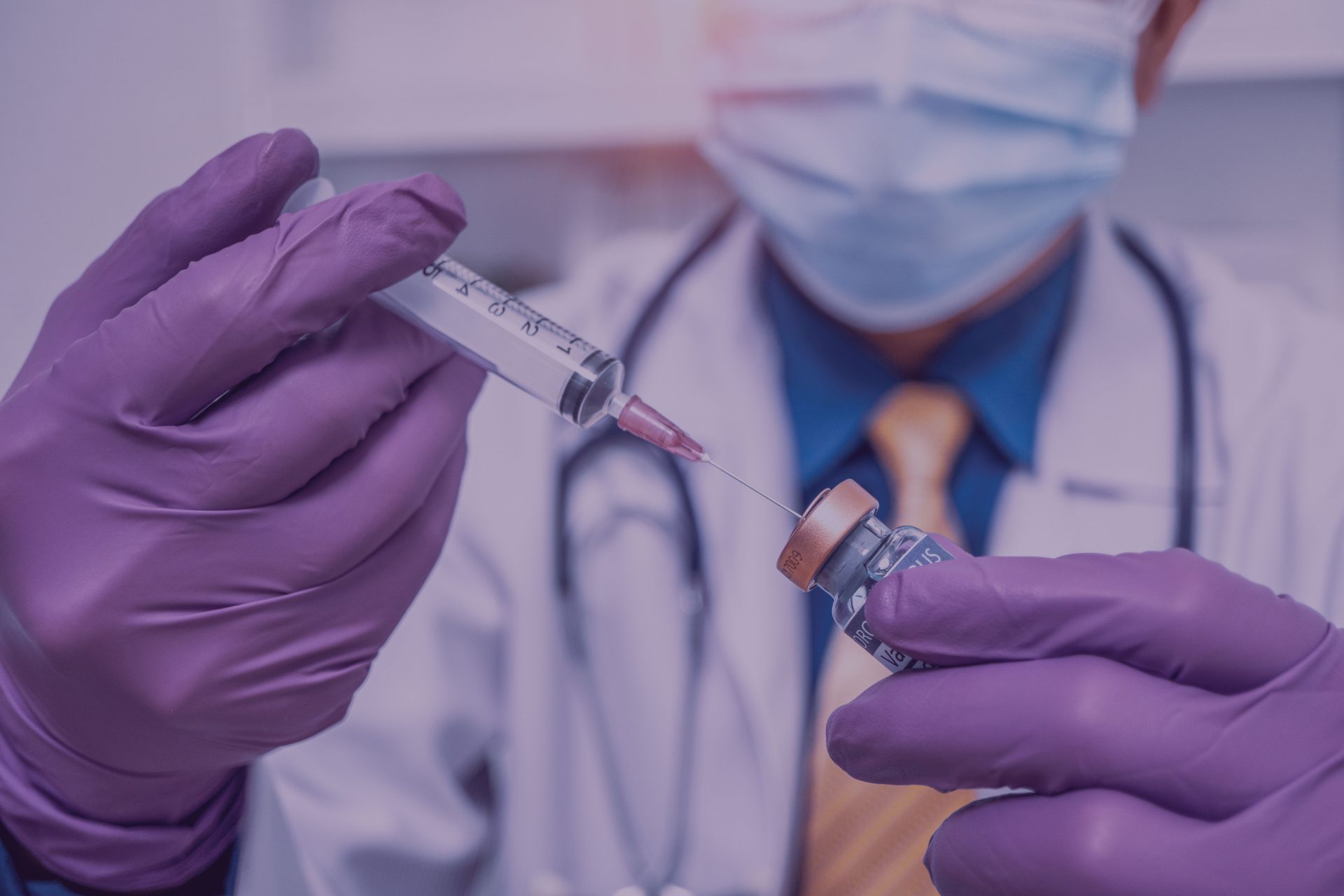2 September, 2020, by clincapture-client
Over the past several months, clinical trials have moved at a rapid pace to find viable treatments for COVID-19. The Food and Drug Administration (FDA) created an emergency program that “uses every available method to move new treatments to patients as quickly as possible.” As of July 31, more than 570 drug development programs were in planning stages, more than 270 trials were reviewed by the FDA, and two treatments have been authorized for emergency use. For decades, most drugs endured a number of tests before regulators such as the FDA allowed it to be released to the mass market, leaving a small percentage that was fast-tracked for use. Seeing trials accelerate, it leaves many wondering if it is the new normal.

COVID-19 has facilitated the adoption of early technology, explained ClinCapture CEO Scott Weidley. This has occurred across multiple industries. For example, tools for remote meetings are not new, however during the COVID-19 pandemic, as many employees were no longer able to work from their offices, they had to quickly adapt to the existing technology. Such is the case with Electronic Data Capture (EDC), the core technology is not new, however, it is being adopted faster. “As regulatory bottlenecks are widening” with the help of guidance from the FDA, Weidley said, “study build times increasingly become a limiting factor.” He added, “now it is more important than ever to select the fastest EDC partner available.”
Due to COVID-19, current studies that continued or were related to the pandemic underwent protocol amendments for remote/virtual trials introducing remote site monitoring and remote work. With the use of EDC, it is easy to amend protocol changes with eCRFs, also known as electronic Case Report Forms. Changes completed in intuitive systems like ClinCapture are simple and easy to do. But an EDC helps accelerate the trial even further.
With remote/virtual trials gaining more prominence, and the convenience of an EDC, remote site monitoring, data verification and reporting are seamless. Advanced reporting through ClinCapture ’s Captivate® EDC is conducted in real-time with the information readily available for data managers, CRO’s and/or sponsors. Electronic Patient Reported Outcomes (ePRO) and electronic Clinical Outcomes Assessment (eCOA), allows patients, clinicians and caregivers to report data electronically through a phone, computer or tablet anywhere.
What does the future of trials look like? Weidley believes that the number of clinical trials recorded purely on paper will be nearly eliminated in 5 to 10 years, as EDC achieves total adoption. Ultimately, studies will no longer need a paper source at all, as electronic source documents, or eSource offers a way to comply with the FDA.



